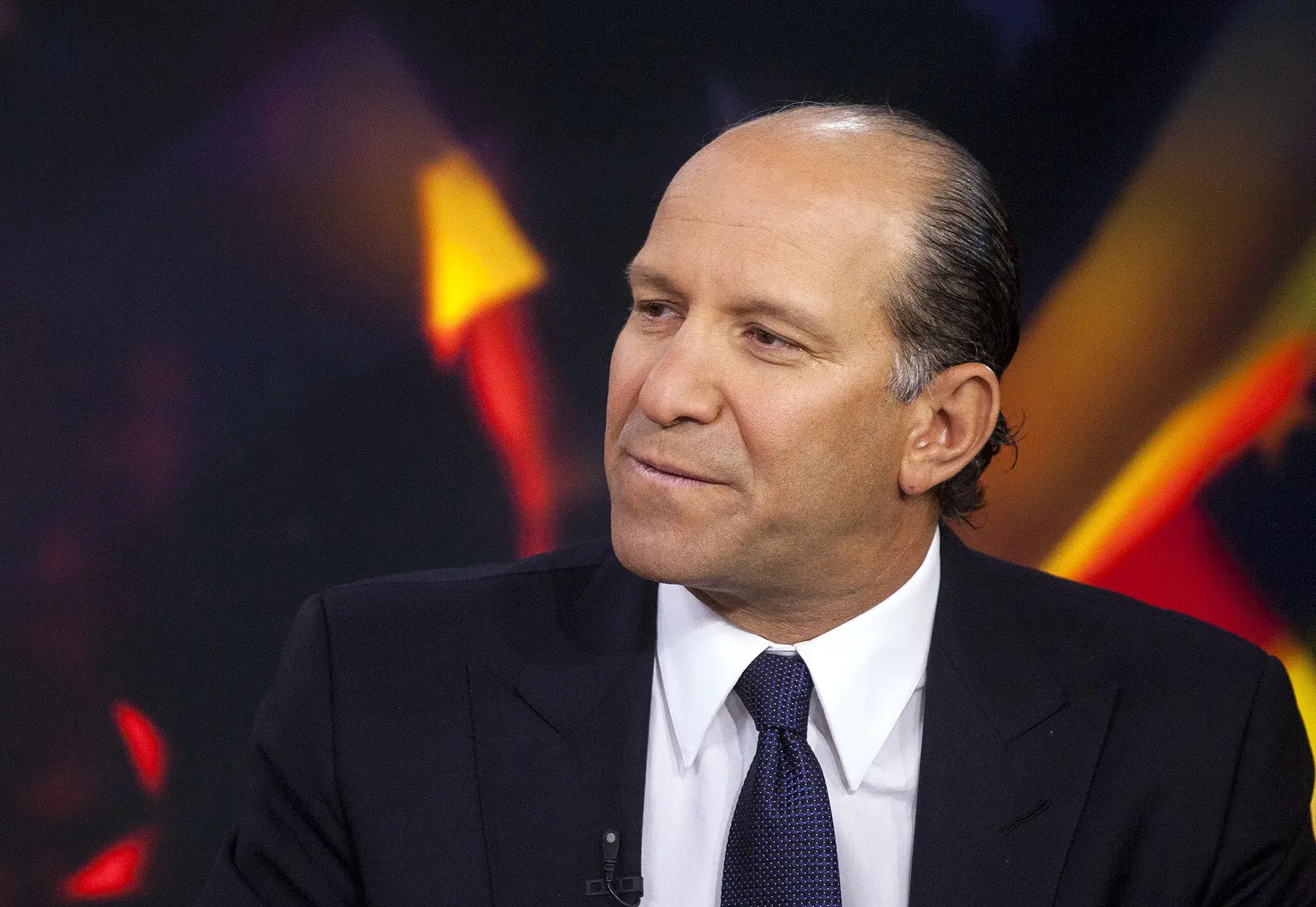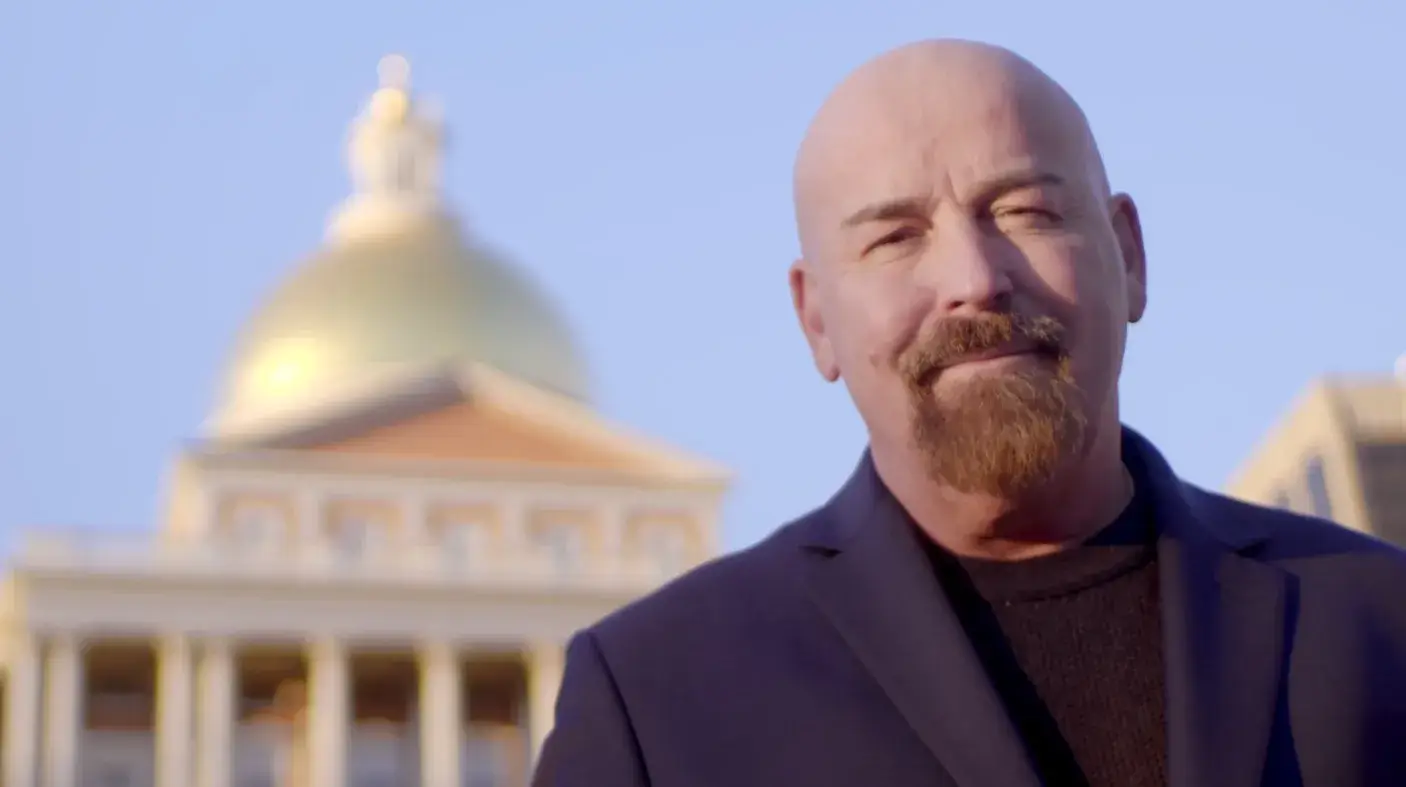Why Bitcoin should be categorised as a commodity in the world of finance: a response from the head of Cantor Fitzgerald
Cantor Fitzgerald CEO Howard Lutnick was a guest on the regular airing of Fox Business TV programme. During the interview, he made several important statements about Bitcoin. In general, Lutnick believes that the cryptocurrency should be classified as a commodity similar to how regulators view gold or oil. At the same time, the status of BTC has already been approved and it will significantly help to promote the adoption of digital assets, the expert believes.

The head of Cantor Fitzgerald regularly comments on the topic of cryptocurrencies and generally supports them. For example, in early September he spoke about the desire of large companies to interact with Bitcoin, which is hindered by the peculiarities of regulation of digital assets in the United States in the face of aggressive actions of the Securities Commission.
However, Lutnick does not doubt the future of crypto. He stated that it is already “not going anywhere”.

The rise of Bitcoin and other cryptocurrencies
Cryptocurrencies as an asset class
During the broadcast, Lutnick was asked if commodities should be regulated along the lines that apply to securities. The head of Cantor Fitzgerald noted that commodities and equities will come together over a long period of time. In particular, this period could take up to 20 years.
The CEO stressed that he is concerned about the failure of regulators to realise the importance of BTC and the entire digital asset industry. Here is the manager’s comment on the matter, as quoted by Cointelegraph.
Let’s face it: they don’t even know how to deal with cryptocurrencies and digital assets in general. They don’t have any ideas. They still don’t understand the importance of doing it right.
There are several reasons for this. First of all, cryptocurrencies are a relatively new asset class. And although the Bitcoin network went live in 2009, big companies are only now starting to engage with the field. Still, spot ETFs on BTC appeared on U.S. exchanges only in January.
Another factor is the criticism the industry has faced since its inception from politicians, financiers and experts of all kinds. Alas, because of this, some people still believe that crypto is only useful for money laundering and other illegal activities.
.

Cantor Fitzgerald CEO Howard Lutnick
On July 27, at a major conference called Bitcoin 2024 in Nashville, Lutnick announced the launch of a BTC lending programme offering “leverage for those who own bitcoin”. The finance company’s CEO said it will start “with $2 billion in lending.”
In his closing remarks at the conference, Lutnick added that the company will welcome "Bitcoin into the financial family of the global marketplace." That is, it will treat it as a full-fledged representative of this sphere.

The power of Bitcoin and other cryptocurrencies
In addition, Howard will become one of the heads of the transition team of the Republican Party candidate Donald Trump, if he wins the presidential election in November.
This information was confirmed by Trump himself in his 16 August statement. Lutek, along with World Wrestling Entertainment (WWE) co-founder Linda McMahon, will oversee policy organisation and personnel management for the transition team.

Former U.S. President Donald Trump and Cantor Fitzgerald executive Howard Lutnick
Paradigm’s head of government relations Alex Grieve noted that the co-operation of Cantor Fitzgerald’s head with Trump’s team could have a favourable impact on the entire digital asset industry.
Still, Howard Lutnick has long been known as a strong supporter of cryptocurrencies. Therefore, Trump’s election victory is really important for crypto as a whole.
However, not all digital assets are equally welcomed – a lot of heath from fans of full-blown cryptocurrencies comes in the direction of central bank digital currencies or so-called CBDCs. In an interview with Generation Infinity, lawyer John Deaton explained the nature of the opposition to CBDCs.
If there’s a CBDC that’s used by the government to reduce transaction costs with the banking system or something like that, that’s one thing. But if the Federal Reserve issues a CBDC to consumers? No, I’m willing to oppose such a project forever.
A national CBDC could replace cash and allow the government to control and potentially limit how people spend their money. Deaton doesn’t welcome politicians’ support for a CBDC – particularly Senator Elizabeth Warren, who previously campaigned on a campaign message of bringing in an “anti-cryptocurrency army.” Here’s his rejoinder.
Senator Warren introduced her bill that would de facto ban Bitcoin and self-storage of cryptocurrencies in the United States. She proposed a CBDC issued by the Fed that could actually replace cash.

Lawyer John Deaton
In the interview, the lawyer touched on the topic of government accountability and fiscal responsibility, arguing in favour of term limits for senators and representatives. He argues that long tenure contributes to a lack of fresh ideas. In addition, the expert criticises the practice of former regulators moving quickly into private sector jobs.
You can’t be SEC chairman on Friday and Apollo Group advisor on Monday. There should be a gap of several between serving as a regulator and then moving on to work in the industry.
In addition to opposing the creation of a federal CBDC, Deaton has also spoken out on the need for clear regulation of the crypto industry, commenting negatively on the SEC’s approach. The lack of regulatory clarity has led some innovators and companies to shun the US market.
Over the past five years, some have decided to move to other countries to take advantage of local governance of digital assets. For example, this is the case in the EU and Asia.
In the end, Lutnick's view is that Bitcoin deserves to be treated properly by market participants. At the same time, the cryptocurrency itself is a full-fledged asset that attracts the interest of the world's largest companies. And spot ETFs only help it in this.
Look for more interesting things in our crypto chat of future rich people. Be sure to check it out so you don’t miss the continuation of the bullrun in the digital asset market.















